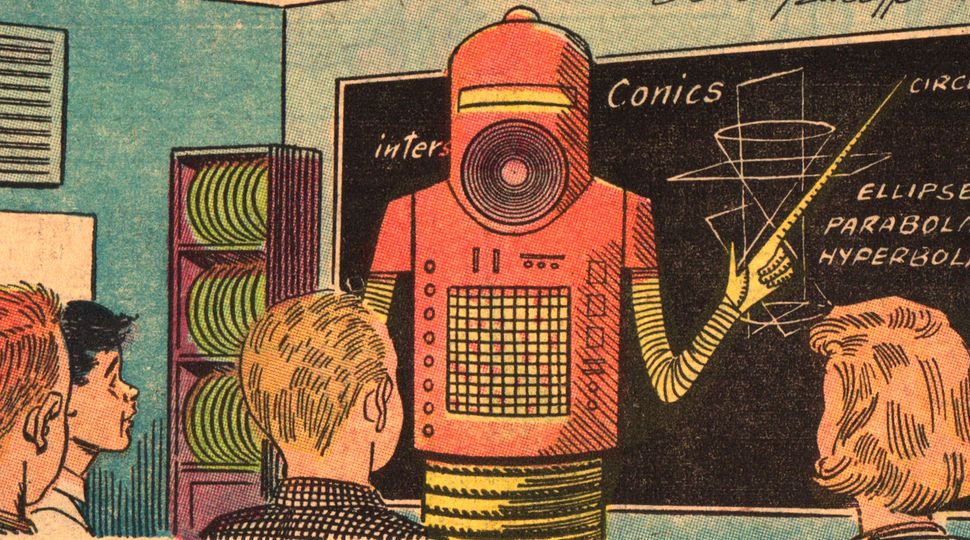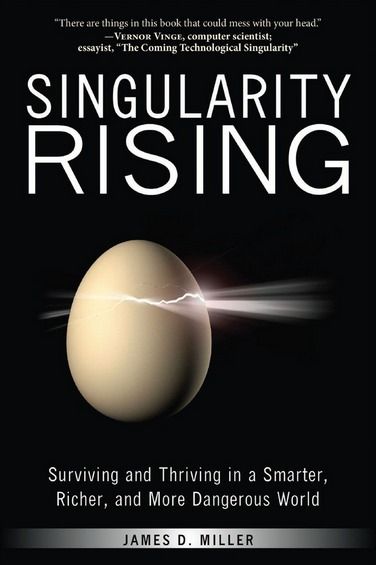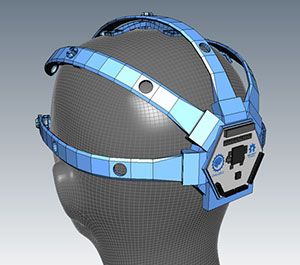Jan 18, 2014
Bitcloud: Bitcoin-like “distributed autonomous corporations” that replace Youtube, Facebook, etc
Posted by Seb in category: bitcoin
Cory Doctorow — Boin Boing

Some Bitcoin enthusiasts have announced a new project called Bitcloud. The idea is something like the old Mojo Nation P2P architecture, in which individual Internet users perform tasks for each other — routing, storage, lookups, computation — in exchange for very small payments.
The Bitcloud protocol uses Bitcoin-style accounting to allocate those microtransfers, along with Bitcoin-style proof-of-work (they call it “proof-of-bandwidth”) and the authors suggest that the potential for profit by individual members will create enough capacity to replace a large number of centralized commercial services (“Youtube, Dropbox, Facebook, Spotify, ISPs”) with “distributed autonomous corporations,” that obviate the need for centralized control in order to supply anonymous, robust, free services to the public.


 James D. Miller’s Singularity Rising is an interesting starter book for proto-transhumanists and will be a must have book for all transhumanists interested in rational and scientific approaches to transhumanism. Along with
James D. Miller’s Singularity Rising is an interesting starter book for proto-transhumanists and will be a must have book for all transhumanists interested in rational and scientific approaches to transhumanism. Along with 


 The phrase “
The phrase “







